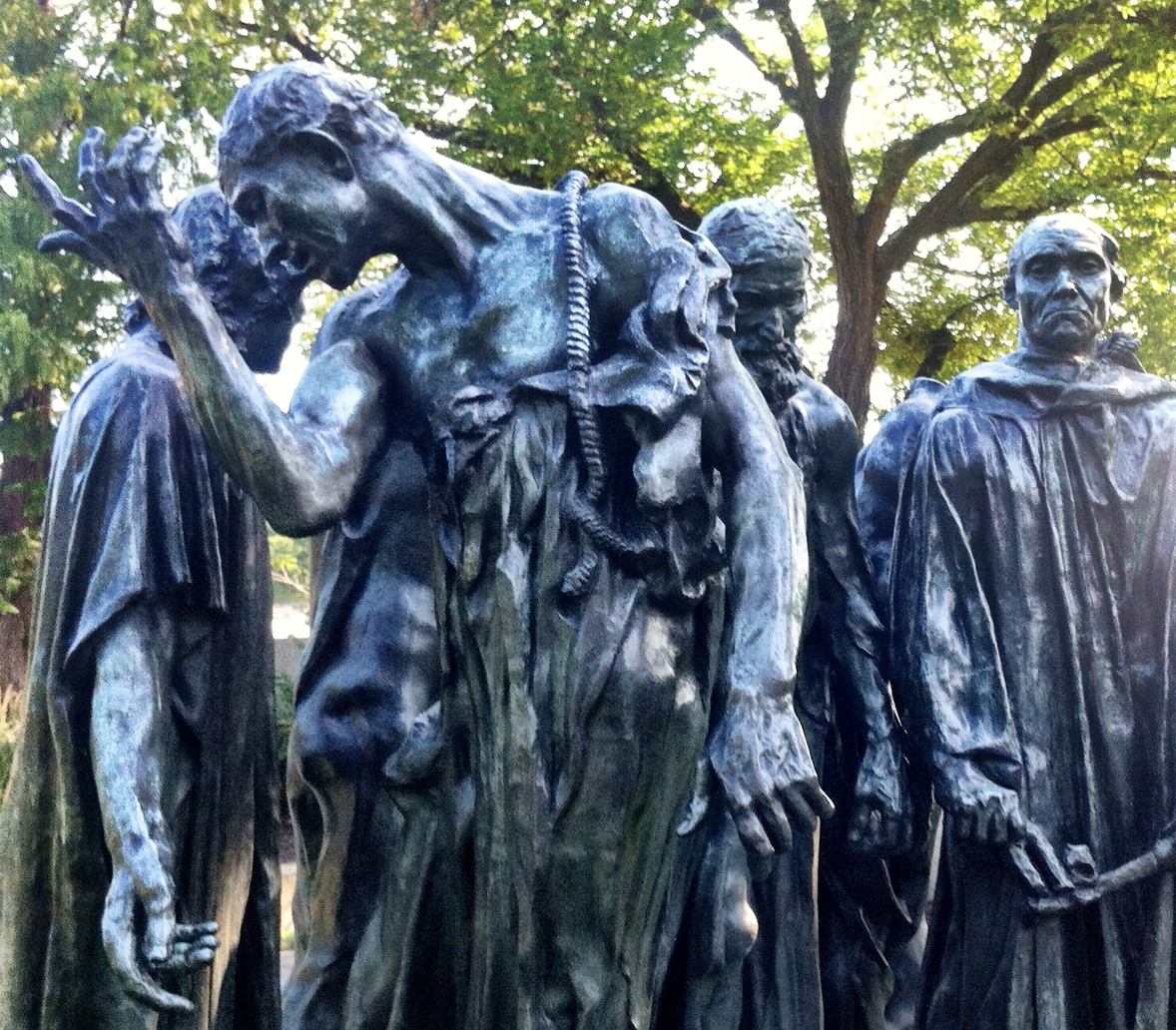Skeptics love to raise “the problem of evil” to Christians. They assume we have no answer or, if we do, it’s a simplistic one. But I wonder if a first line of response is to complexify the problem for them. If we don’t, we allow them to speak of “the problem of evil” as if it’s one-dimensional. But surely there are many problems wrapped together in this mess.
When we limit it to “the problem” we might imply that, if we just understood one problem, we’d have it all solved. Skeptics think we can’t answer their one question and they feel victorious.
Eventually, we should turn the tables on them and ask how they handle the problem. But before we do, I suggest we try to help them see that, perhaps, their answer is the simplistic one.
A friend who serves with a Christian campus ministry told me the president of the student atheist association approached her with this attack:
“You say you’re a Christian. How do you solve the problem of evil?”
She told me she offered some of the best apologetics material she knew, spelling out rational arguments for the existence of God and why the theistic view is better than the atheist one. She was discouraged by her inquirer’s lack of response and smirk on his face as he walked away.
I wonder how things might have gone if my friend responded like this:
“The problem? You think there’s only one? Isn’t it a whole lot more complex than just one philosophical question? Aren’t there a whole lot of problems related to the problem of evil?”
Allow me to explore this a bit before suggesting other ways to respond to this frequently posed question.
First, there really are many different problems related to evil. Even the fact that we word the topic differently points to the complexity of the issue. C. S. Lewis wrote The Problem of Pain. Peter Kreeft offered Making Sense Out of Suffering. Tim Keller combined the two subjects and gave us Walking with God Through Pain and Suffering. And many people have made sure we don’t lose sight of the fact that evil lurks at the center of the discussion.
We also need to acknowledge that different kinds of evil differ dramatically from one another. Physical disasters like hurricanes and earthquakes are rather different than human evil like murders and abuse. Even within these subcategories, the differences loom large. The recent double shot of two hurricanes (Harvey and Irma) presented different kinds of problems because Houston is different than Florida and the destructions differed in degree and kind. And don’t we also find another “problem” woven in as we wonder not only “How can a good God allow something like a hurricane?” but “How can He allow TWO within just a few days of each other?”
Death raises numerous complexities. The death of a teenager in a car accident poses different conundrums than an aging person dying in a nursing home. And why do some people die peacefully in their sleep while other battle diseases for decades? The pains associated with cancer differ from those of Alzheimers. And on and on we could go.
To add even more difficulty, we should acknowledge that we need more than answers. When it comes to wrestling with this issue, we certainly need perspective. But we also need power. We need a worldview framework to make sense of the problem. But we also need strength, hope, encouragement, wisdom, and a host of other emotional resources to come through suffering without becoming bitter, cynical, or despairing.
All I am trying to say is that a slight change in wording from “problem” to “problems” can help us as we live in a fallen world and reach out to lost people. It may lead to better conversations with outsiders. And it might just help us as we wrestle with our own struggles. In the next blog, I’ll share ways to word our responses.



